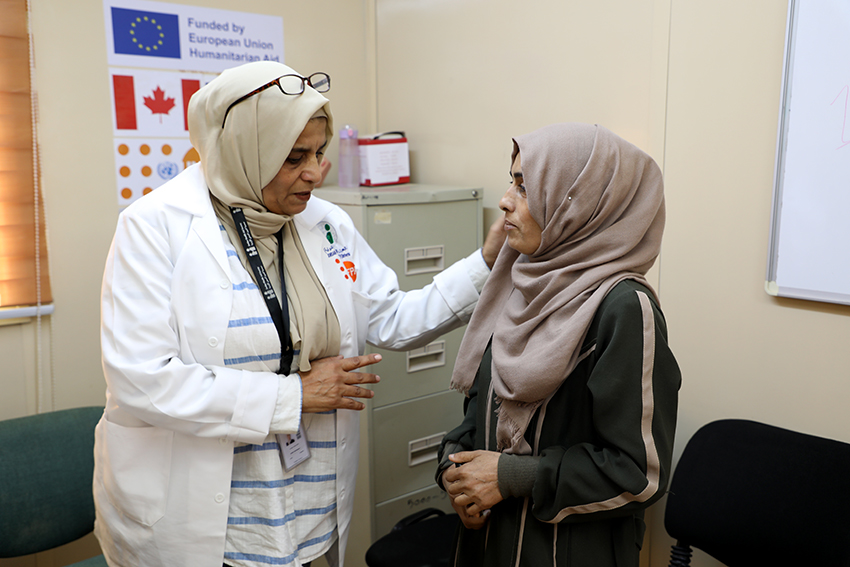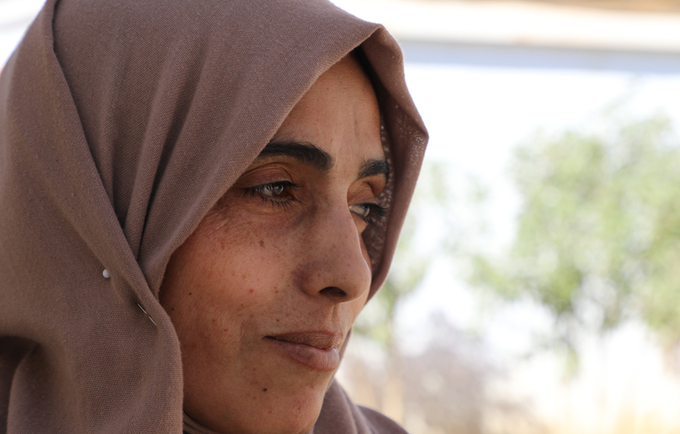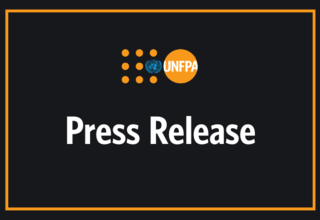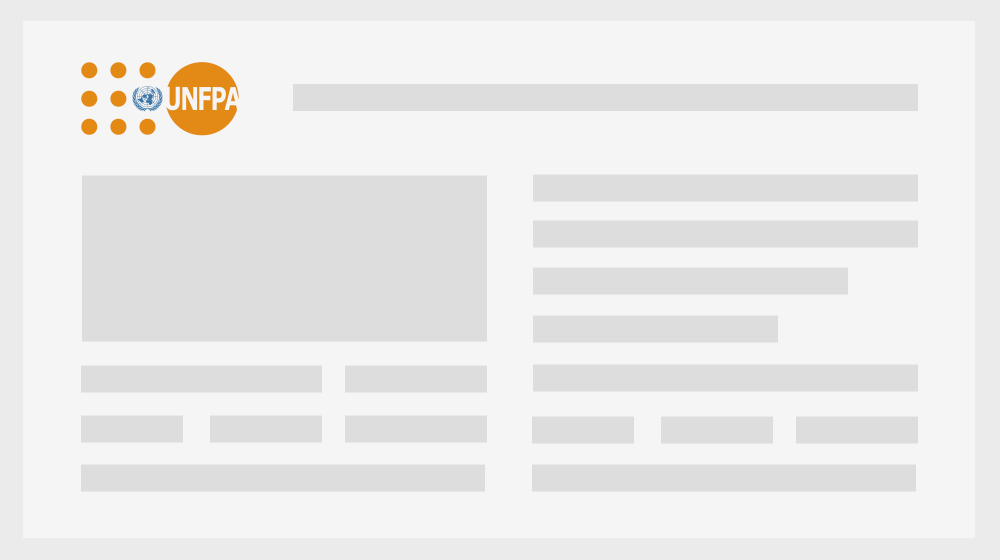In the midst of the Zaatari camp's seemingly endless rows of prefabricated caravans in Jordan, Aisha's story stands out as a testament to the power of resilience, and the pursuit of a better life. At 41 years old, she has faced hardships that most of us cannot imagine.
Aisha and her six children arrived in Jordan in 2013, fleeing the conflict in Syria. Of her children, three were born with physical disabilities, adding an extra layer of challenge to her already trying situation. She recounts, "Note that in Syria, I used to live in a tent, and when we came to the camp, I lived in a tent as well. Even daily life was difficult at that time, as toilets were shared in the camp, and I had difficulty getting my children to the toilets."
Her life took an unexpected turn when she became pregnant with her seventh child while in the camp. Fear gripped Aisha as she worried that her newborn might also have a disability. Nights were sleepless, filled with prayers for a healthy child. She reflects, "Sometimes I would not sleep at night for fear that the child would have a disability, and I would tell myself that my responsibilities were already great, and I would not lack more."
Sometimes I would not sleep at night for fear that the child would have a disability, and I would tell myself that my responsibilities were already great, and I would not lack more.
Said Aisha
Aisha's unintended pregnancy was the result of her lack of knowledge about family planning methods. Fortunately, during her pregnancy, she began visiting the sexual and reproductive health clinic in the Zaatari camp. There, she shared her concerns about her children with disabilities, sparking the interest of the clinic's staff. They were determined to ensure the health of both Aisha and her unborn child. She was transferred to a clinic outside the camp for further examinations and 3D images, which confirmed the safety and health of the fetus.

The day arrived, and Aisha gave birth in the sexual and reproductive health clinic in the camp. Her child was born healthy, a sigh of relief for the anxious mother. Post-natal care was provided to ensure the well-being of both the mother and her child.
Back in Syria, family planning was a foreign concept for Aisha and her husband, leading to another unintended pregnancy three years later. Similar tests and precautions were taken, ultimately resulting in the birth of a healthy baby boy.
However, Aisha realized that even with healthy children, the responsibility of raising eight children was immense. It was at the sexual and reproductive health clinic that Aisha received guidance on family planning. For seven years, she followed the clinic's advice, and no unintended pregnancies occurred during that time.
But the clinic's support extended beyond medical care. They recognized Aisha's need for psycho-social support services, as she was suffering under the weight of her extensive responsibilities at home and towards her family.
"My advice to every woman who is married or about to get married is to organize your family well, ensuring that your children receive their full rights of education, health, care, and full attention, instead of having a large number of children and neglecting them or not receiving the full care they deserve." Said Aisha
She also cautions parents not to surrender to societal pressures that may lead to marrying their daughters at a young age. Aisha emphasizes that society itself will not show mercy when a child returns home divorced or, worse, loses her life due to early pregnancy and childbirth.
Aisha's journey exemplifies the transformative impact of knowledge, choice, and support. Her story reminds us that even in the harshest conditions, determination and access to family planning can lead to a brighter future.
EU Humanitarian Aid is the kind donor that supports the Reproductive Health Clinic as well as the Women & Girls Safe Space in Zaatari Camp.



